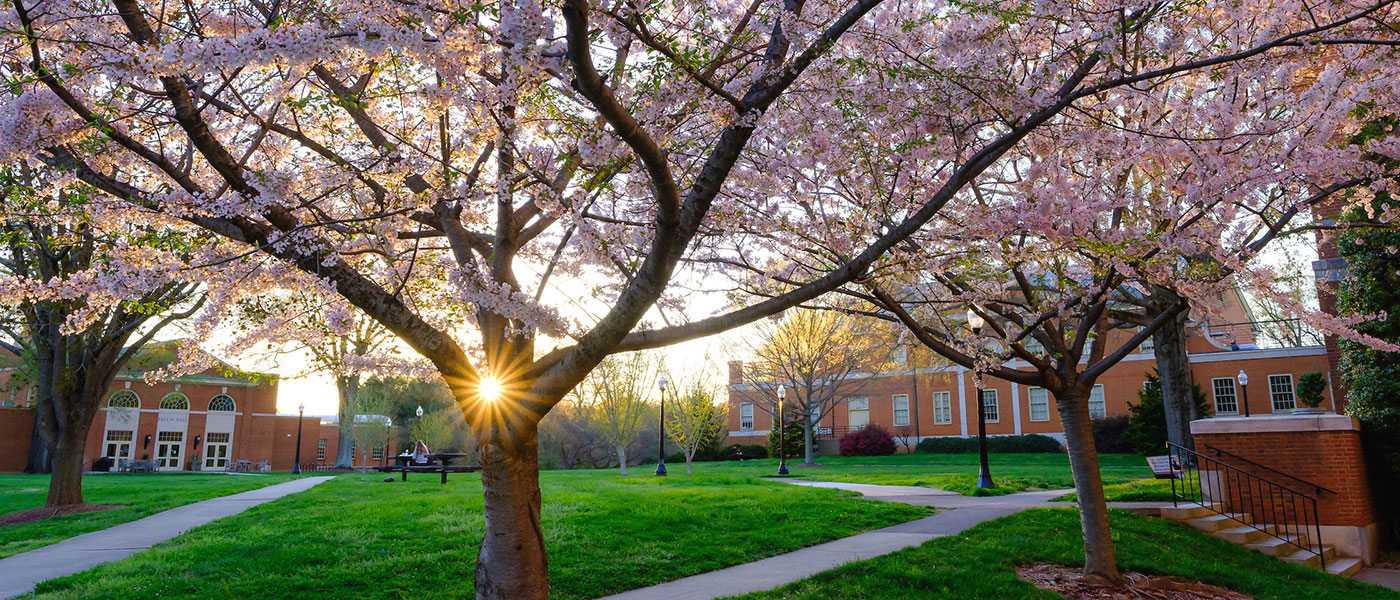Clinics

Participating in a legal clinic allows students to put their theoretical legal knowledge to practice in real-world settings. Students have the opportunity to work on actual cases under the supervision of experienced attorneys, enhancing their legal skills and practical understanding. This hands-on experience is crucial for developing skills and competencies in client interaction, problem-solving, and ethical decision-making.
Legal clinics also benefit the community by offering pro bono services to clients who might not otherwise have access to legal representation, including low-income and underserved people.
Through clinical work, students gain valuable experience while helping to overcome barriers to justice by:
- Representing low-income clients in civil and criminal appeals
- Partnering with local community groups to address systemic injustice in the local community
- Defending our natural resources to protect future generations
- Working to free those that were wrongfully convicted
- Clearing pathways for innovation, creativity, and entrepreneurship
- Leveraging the law to improve health outcomes for low-income patient-clients
- Facilitating trade, development, and economic growth
- Restoring honor to veterans who bravely served their country
Our Clinics
Contact Us
Students will gain the following critical lawyering skills through clinic seminars and fieldwork:
- Legal analysis and critical thinking
- Practical legal skills, such as drafting briefs, motions, and contracts
- Client interaction and relationship-building
- Public speaking and advocacy
- Case, file, and time management
- Problem-solving
- Teamwork and collaboration
- All clinical programs require instructor permission
- Students can apply for multiple clinics. If a course is full, you may be able to get into another clinic.
- Students will be notified with a decision before the official Course Registration period opens
- Accepted students will be automatically enrolled by the Registrar’s Office upon approval from the Director. Students do not need to enroll for the clinic during registration.
- Contact each director directly if you have questions about their specific clinic